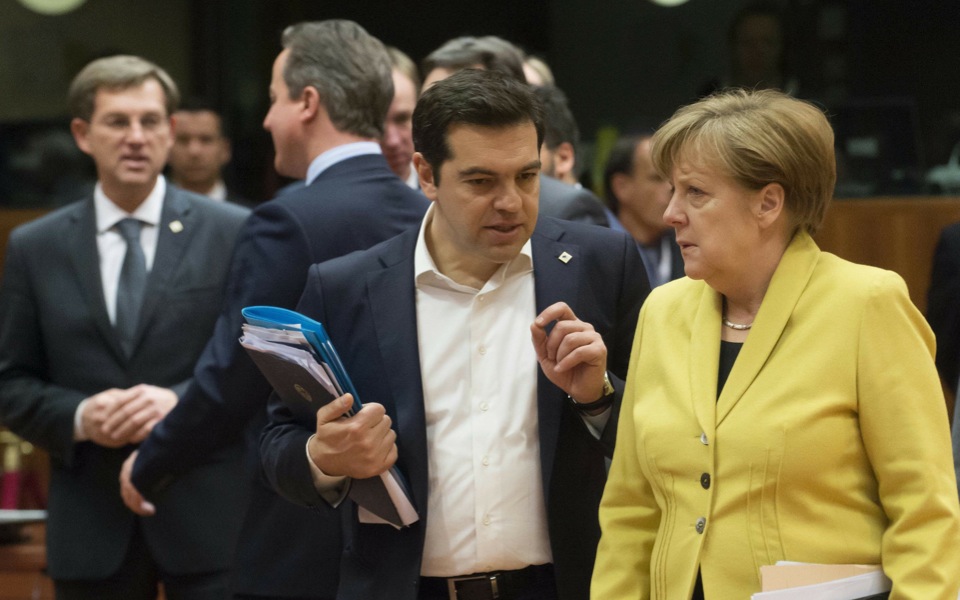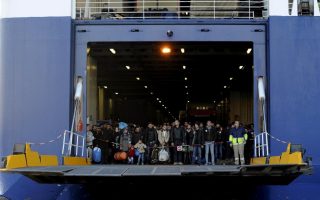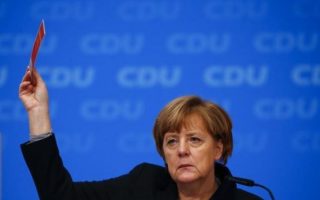A paradoxical relationship

Greek Prime Minister Alexis Tsipras has a very important ally on his side at the moment: Angela Merkel. The German chancellor played her cards smartly. Future historians will have a lot to chew over regarding the transition from Tsipras’s infamous “go back Madam Merkel” to the close relationship of today. Several European politicians are uncomfortable with this alliance; they seem to have underestimated the German leader’s strong survival instinct. One does not need to be a Machiavelli expert to understand that relationships of this sort tend to have a short expiration date.
Merkel has invested in Tsipras. The EU deal with Ankara (to stem migrant flows across the Aegean) would not have been struck without Greek consent. Tsipras okayed the closing of borders, NATO’s involvement, the presence of Turkish officials on Greek islands and the role of French and German police in the ongoing deportations. At the same time, this was a crucial deal for Merkel. The unchecked influx of migrants was politically damaging and she wanted to seal the borders. It seems like she finally got what she wanted, though the agreement still looks fragile.
What did the Greek premier get in return? Or, rather, what does he expect to get? A first thing would be softer terms to wrap up the bailout review and a signal that debt relief talks will begin. Tsipras perhaps also thought the IMF would go. The Greek government’s handling of the leaked conversations between top Fund officials put Merkel in a tight spot. After spending a great deal of political capital on the refugee issue, she could not afford to squander more for Athens’s sake.
The outcome of the negotiations remains to be seen. Optimists deem that the final package will be softer than the draft agreements and that creditors will send a strong signal on debt restructuring. Pessimists question whether the Commission will cede any ground.
The coming weeks will show whether Merkel will manage to finish the game the way her new-found friend would like. The Commission and Paris will certainly push in that direction but Berlin has the final say. Meanwhile, there is not much to expect from Washington. As a senior White House official put it: “There’s nothing more we can do, also with regards to the IMF. You need [the Fund]; we’ve let them know what you think but that’s it.”
So it’s really up to Berlin. We will soon know whether this paradoxical relationship will turn out in the government’s favor or whether it will be just one more chapter in Merkel’s growing volume of Greek experiences. If only she had known before becoming chancellor how much time and energy she would have to spend on Greece.





